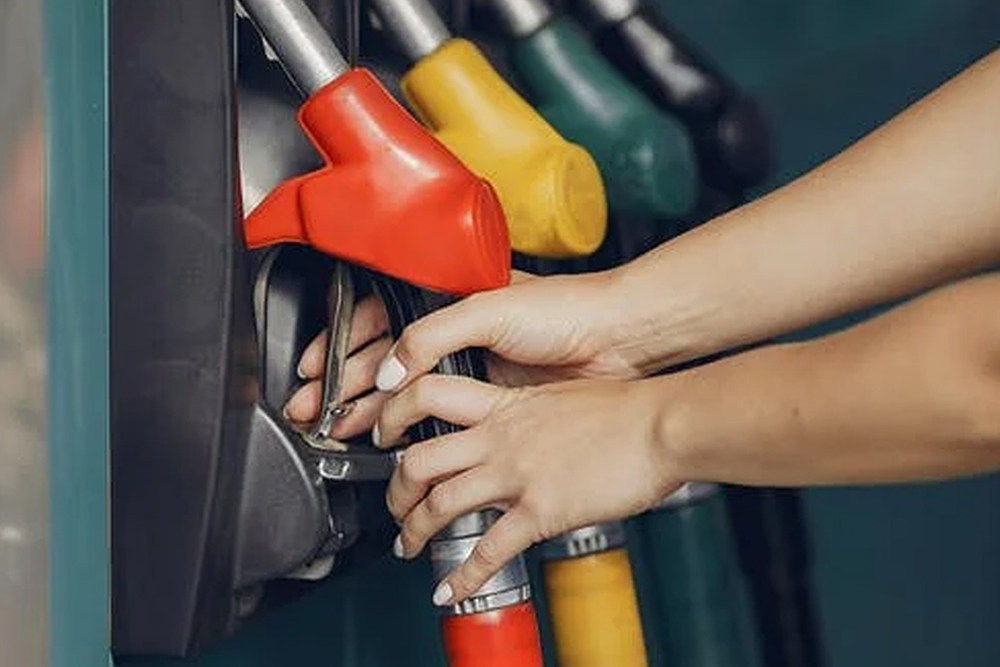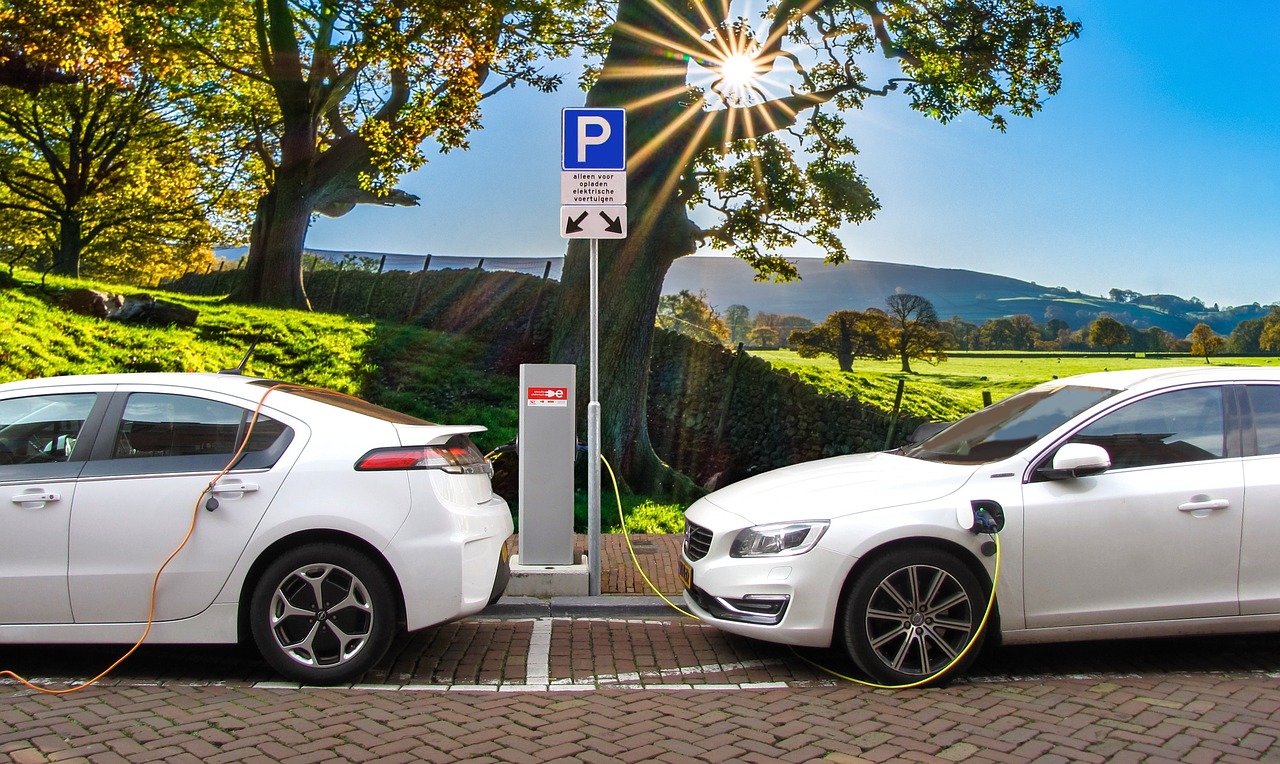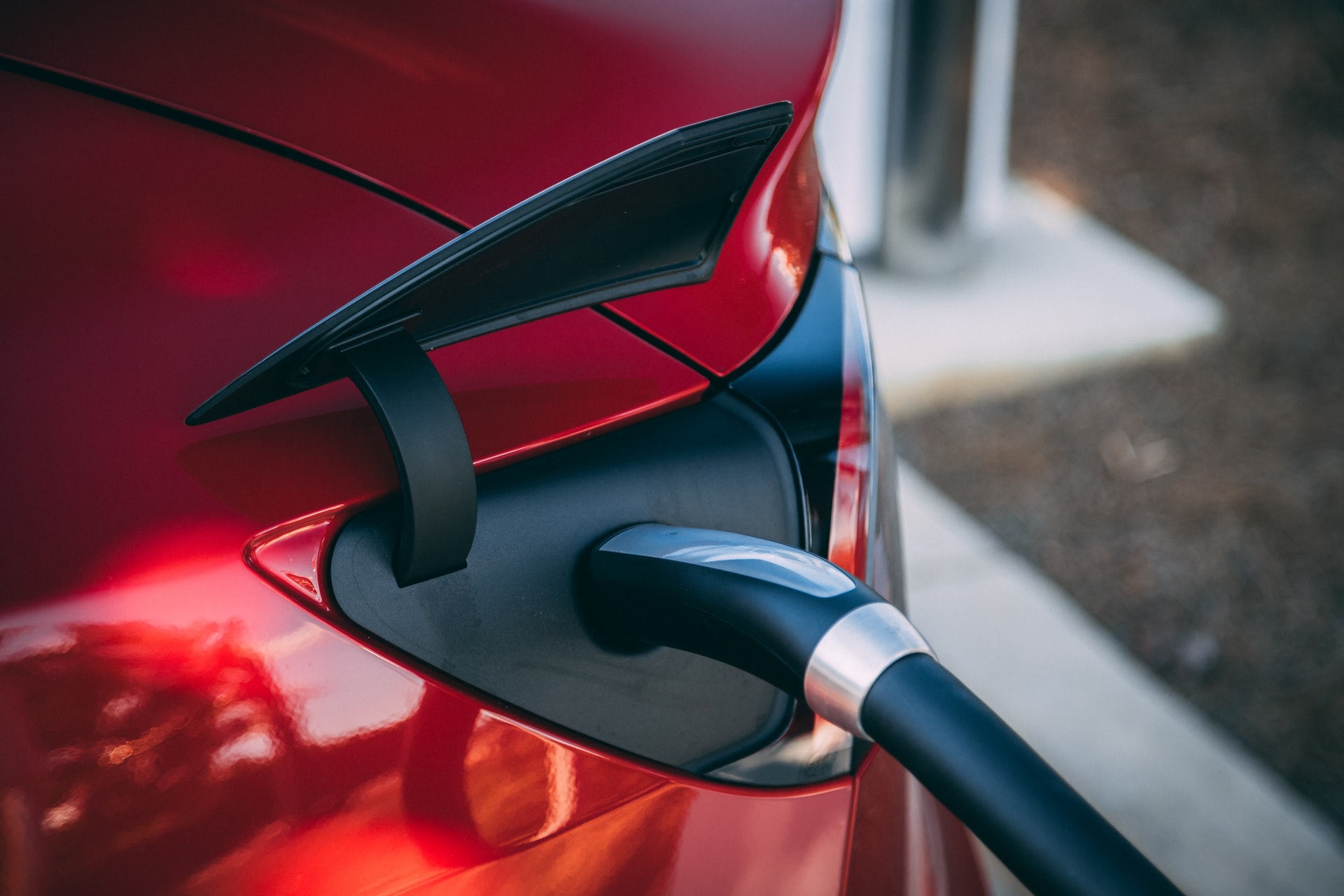
Roman Danaev
Welcome to our comprehensive guide on car servicing. Whether you are a car owner who religiously takes your vehicle for regular maintenance or someone who is yet to experience the joys of a well-serviced car, this article is for you. We often asked questions like “what does a car service include?” and “how often should I get my car serviced?”. In this article, we will explore everything you need to know about car servicing, including the different types of services such as full car service, interim service, and major car service. So buckle up, and let's dive into the world of car servicing!
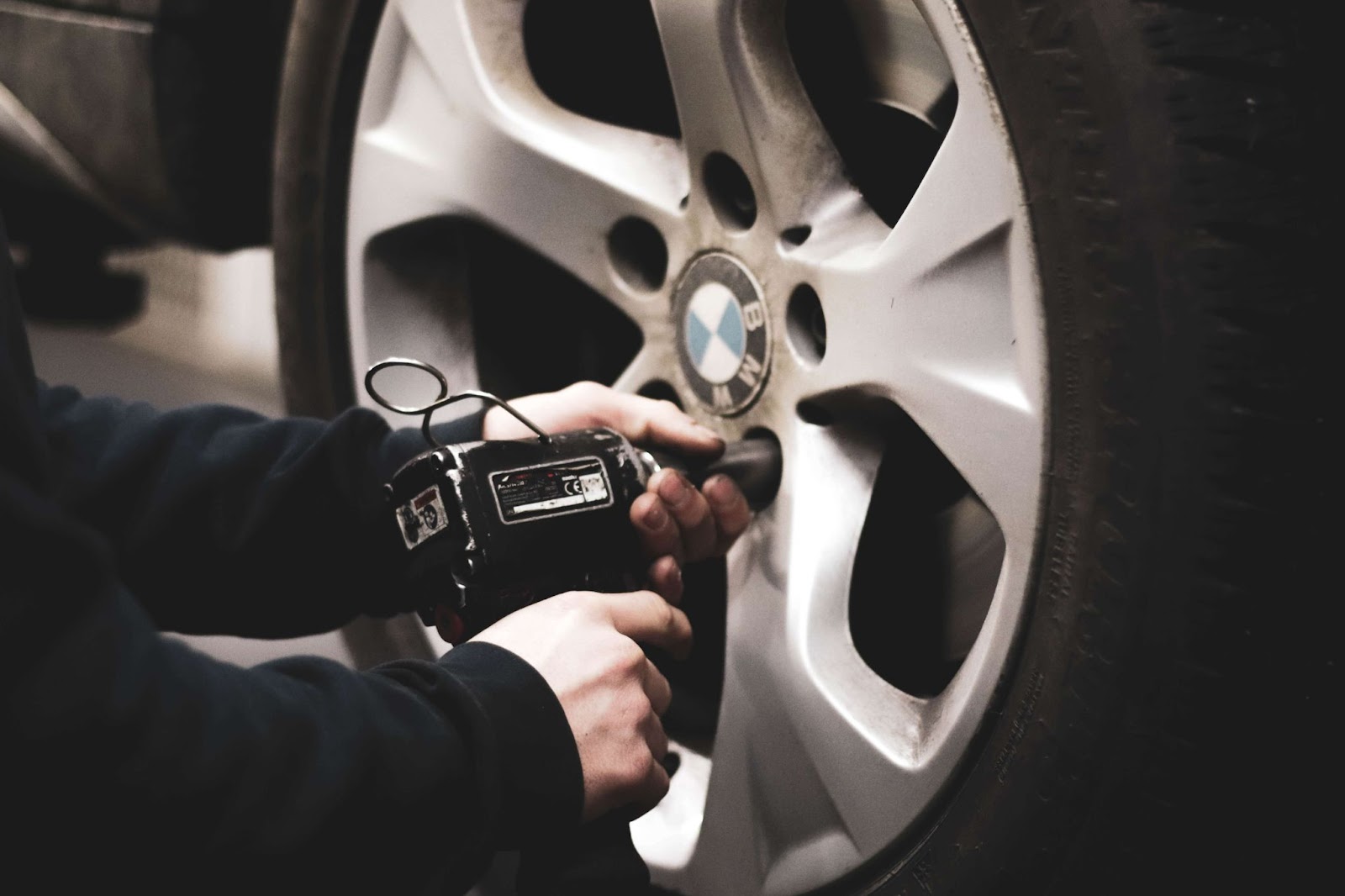
What is car service?
Car service is a crucial part of owning a car. It involves getting your car checked by a professional mechanic to ensure that it's running smoothly and safely. There are different types of car services, including full car service, interim service, and major car service. A full car service includes a thorough check of all parts of the car, from the engine to the brakes, while an interim service is a basic check-up to make sure everything is working correctly. A major car service is a more comprehensive service that is usually carried out every two years.
Regular car servicing is essential for the long-term health of your car. It can help to identify and fix any issues before they become more significant problems, saving you money in the long run. Not getting your car serviced regularly can lead to expensive repairs or even safety issues, so it's important to service your car at the recommended intervals. So, if you're a car owner, make sure to schedule a car service today and keep your car in top shape!
Is a service different to an MOT?
Yes, a service is different from an MOT. Service is regular maintenance that you do on your car to keep it running smoothly, while an MOT is a test that your car must pass to show that it meets certain safety and environmental standards set by the government.
A car service usually includes replacing certain worn car parts, such as spark plugs, oil filters, and air filter, checking the wear and tear of brake pads, brake discs, fuel filter, fuel lines, and wheel alignment, and topping up various fluids such as engine oil, power steering fluid, transmission oil, brake fluid, engine coolant, and screen wash.
On the other hand, an MOT is a legal requirement in the UK that must be conducted annually on cars that are more than three years old. It checks the roadworthiness, safety, and emissions of the whole car, including its warning lights, vehicle checks, and fuel emissions.
While servicing your car may not be a legal requirement, it is crucial for car maintenance and can save you money in the long run.
What types of car services are there?
When it comes to car services, there are several types that you can choose from depending on your car's needs. Here are some of the most common types of car services available:
- Full-service: A full-service car service is the most comprehensive type of service available. It involves a thorough check of all parts of the car, from the engine to the brakes.
- Interim service: An interim car service is a basic check-up to make sure everything is working correctly.
- Major service: A major car service is a more comprehensive service that is usually carried out every two years. It includes all the checks of a full-service, along with replacing certain car parts that have reached the end of their life, such as brake pads, brake discs, and fuel filter.
It's important to note that the type of service your car needs depends on its age, mileage, and the type of driving you do. For instance, if you have a full-service history and your car has been regularly serviced, you may only need an interim service. On the other hand, if your car is due for a major car service, it's important not to skip it as it can help identify and fix any issues before they become more significant problems.
Is car service the same for electric, hybrid, and diesel cars?
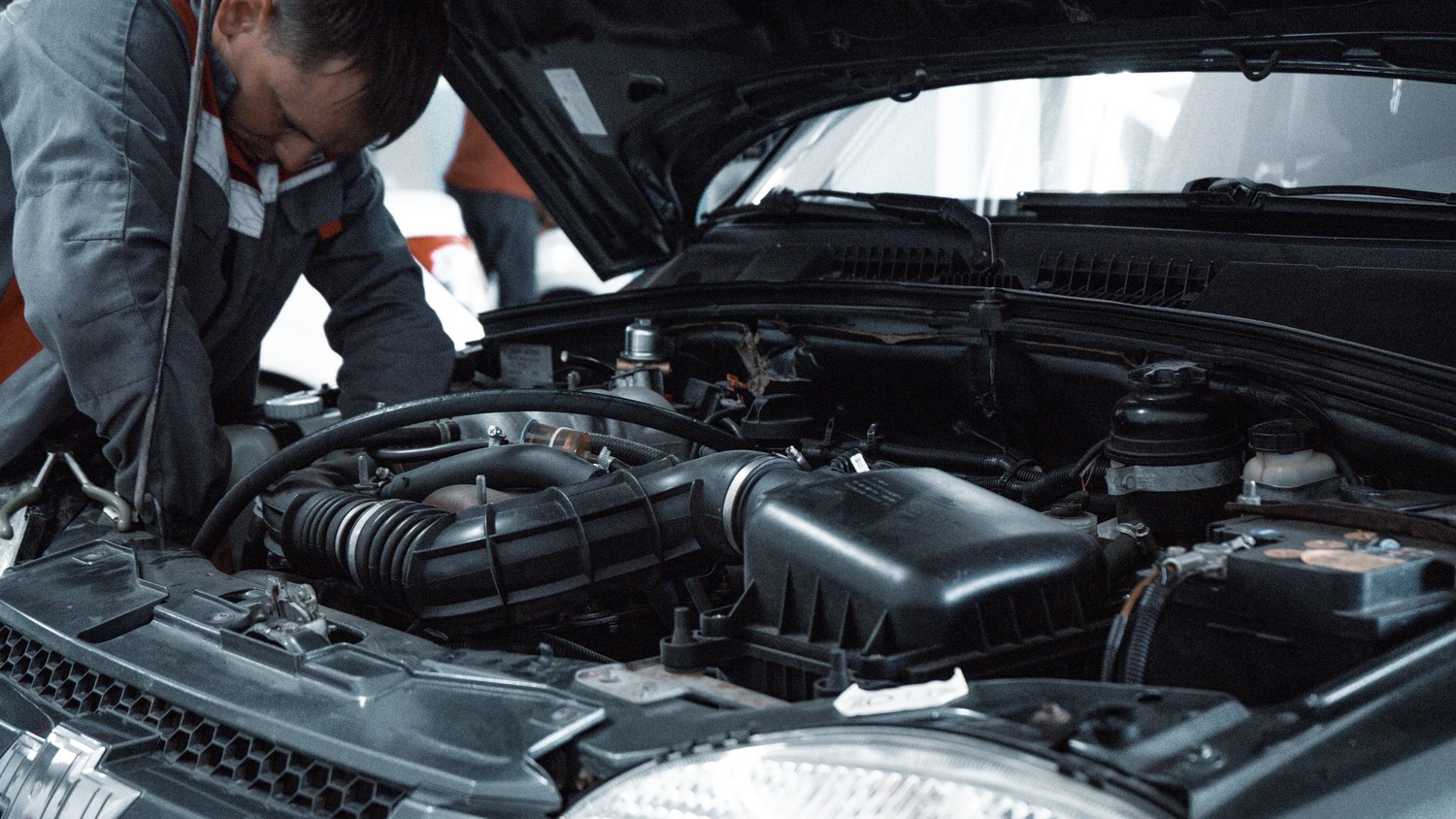
A car service varies depending on the type of car you have. Diesel, hybrid, and electric cars each have unique features that require specific checks during a service. For example, diesel engines require more frequent oil changes and filter replacements than electric cars. Hybrid cars have both petrol and electric engines, so they require special attention to ensure both engines are functioning correctly. Electric cars have fewer moving parts, so they require less maintenance, but their batteries need to be checked.
it's essential to know that these differences in car servicing can impact the cost and frequency of maintenance for each vehicle. It's vital to understand the needs of your car, whether it's electric, hybrid, or diesel, and schedule the appropriate service. To save money on maintenance costs and maintain your car's value, it's crucial to have regular servicing as per the car's recommended service schedule. By taking care of your car regularly, you'll also ensure that it stays in excellent condition and retains its resale value.
Is car service the same for all types of cars?
We can tell you that car service is not the same for all types of cars. Each car has unique features and requirements, so they need different types of service. For example, diesel cars require different maintenance compared to petrol cars, and electric cars need special attention to their batteries. It's essential to follow your car's recommended service schedule and conduct the necessary checks during the service to keep your car in good condition.
it's important to know that car service varies depending on the type of car you own. Regular car servicing can help prolong the life of your vehicle, but it's crucial to have the right type of service for your car.
What is included in a car service?
During a car service, a professional mechanic will carry out a comprehensive inspection of your car, including the body, engine, brakes, and steering. This is a complex process that requires specialist training and equipment.
Typically, a car service involves the checking and adjustment of more than 50 components, systems, and fluid levels, such as topping up fluid levels (brake fluid, engine oil, power steering fluid, screen wash, antifreeze, and coolant), replacing oil and air filters, checking spark plugs, radiator, and windscreen wipers, and performing a brake check on brake pads and handbrake.
It's important to note that the type of car service you choose will determine what's included. For instance, a full-service involves a more thorough examination of your car, including replacing certain worn-out parts, checking fuel lines, and wheel alignment.
Whether you have an electric, hybrid, or diesel car, the car service may differ in terms of some specific checks, such as the battery, motor, and exhaust system. Therefore, it's essential to choose a mechanic with expertise in servicing your type of car to ensure it's maintained correctly.
Why should I get a car service?
We know the importance of regular car servicing. Here are several reasons why you should service your car:
- Safety: Regular car servicing ensures that your car is in good condition and can help prevent accidents caused by faulty brakes, worn-out tyres, or other mechanical problems.
- Reliability: A well-serviced car is more reliable, with fewer breakdowns and fewer unexpected repairs.
- Longevity: Regular servicing can help extend the lifespan of your car by keeping its components in good condition and identifying and addressing issues before they become major problems.
- Performance: A car that is well-serviced will perform better, with smoother acceleration, better fuel efficiency, and a more comfortable ride.
- Resale value: A well-serviced car has a higher resale value, as buyers are more likely to be attracted to a car that has been well-maintained and cared for.
How often should you service your car?

As a general rule, you should aim to service your car at least once a year or every 12,000 miles, whichever comes first. However, the frequency of servicing will depend on several factors, such as the age of your car, the make and model, and your driving style.
Regular servicing can help keep your car running smoothly and identify potential problems before they become more serious and expensive to fix. It can also help maintain the resale value of your car and ensure it meets safety and emissions standards.
For older cars or those with higher mileage, more frequent servicing may be required, such as every six months or 6,000 miles. Your car's manufacturer may also provide specific guidelines on servicing intervals in the owner's manual, which should be followed to maintain the warranty.
Ultimately, it's best to consult with a qualified mechanic or dealership to determine the appropriate servicing schedule for your car based on your individual needs and usage.
Where should I service my car: dealership or garage?
When it comes to car servicing, there are two options: taking your car to a dealership or an independent garage. While dealerships may have the advantage of being brand-specific, independent garages can offer a more personal touch and potentially lower prices.
Dealerships are likely to have access to brand-specific parts and have technicians that have been trained by the manufacturer. However, they may also have higher prices and longer waiting times. Independent garages may not have access to brand-specific parts, but they can still provide quality service and may be more flexible with pricing and appointment times.
Ultimately, it comes down to personal preference and what you value more: brand-specific knowledge or a personal touch and potentially lower costs. Just make sure to choose a reputable and certified service provider to ensure your car is being serviced properly.
Do I have to service a financed car?
Certanly, you have to service a financed car. When you finance a car, you don't actually own the vehicle until you pay off the full loan amount. Until then, the lender is technically the owner of the car, and they require you to properly maintain it as part of the loan agreement. it's your responsibility to ensure it runs smoothly and safely.
Regular servicing is essential for keeping your car running safely and efficiently. Neglecting routine maintenance can lead to costly repairs down the line and even put your safety at risk. For example, if you fail to change your oil regularly, it can cause engine damage and lead to a breakdown that may be expensive to repair. Servicing your car regularly can help identify any potential issues early on, saving you money in the long run by preventing larger and more expensive problems from developing.
Picture having a car that you finance and use to get to work each day as an example. If you ignore normal maintenance, you can experience a breakdown during rush hour traffic, which might be upsetting and expensive. But if you frequently service your car, you can see any possible problems early on, saving you time and cash by preventing the development of bigger, more expensive problems
In short, servicing a financed car is not only required by the loan agreement, but it's also necessary for your own safety and the longevity of your vehicle. You can find a finance reliable car for a fair price at Carplus! Leave a quote and we will find the best car for you and your needs!
How long does a car service take?
The length of a car service depends on the type of service you choose. A full service usually takes around 3-4 hours, an interim service takes about 1-2 hours, and a major service can take up to 6 hours or more.
Other than the keys to your car, you don't really need to bring anything with you when you bring your vehicle in for servicing. The mechanic will be more familiar with the history of the car and any concerns that may have been handled in the past if you bring any previous service records with you.
Bring any necessary documents or notes you may have if you have a specific problem or issue you'd want the mechanic to look at. You may also think about bringing a book or anything else to pass the time while you wait for your car to be serviced.
What should I bring with me?
We recommend that you bring a few things with you when you go for a car service. Here are some things that you should consider bringing:
- Your car’s service manual: This will give your mechanic a detailed overview of your car and its maintenance history. It will help them identify any recurring issues and know which parts to focus on during the service.
- Your car’s logbook: This will help the mechanic to verify the mileage and ensure that your car is serviced according to the manufacturer's recommended schedule.
- Any warranty documents: If your car is still under warranty, bring along the relevant documents. This will help your mechanic identify which parts need to be replaced under warranty.
- Your keys: You'll need to hand over your keys to the mechanic, so they can start the service.
- A list of issues: If there are any specific issues you've noticed with your car, make a list and bring it with you. This will help the mechanic to focus on those issues and ensure that they are addressed.
It's important to bring these items with you to a car service because it will help the mechanic to understand your car's history and identify any potential issues. By providing your mechanic with as much information as possible, you can ensure that your car is serviced properly and that any issues are addressed promptly.
How much does a car service cost?
The cost of a car service will vary depending on the type of service you choose, the make and model of your car, and the garage or dealership you go to. Generally, a full service will cost more than an interim service, and a major service will cost even more.
The cost of a full service can range from around £150 to £300, depending on the factors mentioned above. An interim service will usually cost less, typically between £80 to £150. A major service is the most comprehensive and can cost upwards of £210 or more.
It's important to note that the cost of a service may also include any necessary repairs or replacement parts. So, it's always a good idea to ask for an itemized breakdown of the costs involved.
How long does a car service take?
- A full car service typically takes around 3-4 hours to complete, but it can vary depending on the garage and the type of service being done.
- An interim service often takes less time, around 1-2 hours, as it involves less detailed checks and replacements.
- A major service, on the other hand, can take longer, up to 5-6 hours, as it includes more comprehensive checks and replacements.
In order to have an idea of how long the service will take, as well as the price and what's included in each type of service, it's useful to call the garage in advance.
Summing up
In the end, we can tell you that regular car servicing is essential for the long-term health of your vehicle. In this article, we explore everything you need to know about car servicing, including the different types of services such as full car service, interim service, and major car service. Regular car servicing can help identify and fix any issues before they become more significant problems, saving you money in the long run.
It is important to know that car servicing varies depending on the type of car you own, such as diesel, hybrid, and electric cars, which require specific checks during a service. While servicing your car may not be a legal requirement, it is crucial for car maintenance and can save you money in the long run.
Contents
- What is car service?
- Is a service different to an MOT?
- What types of car services are there?
- Is car service the same for electric, hybrid, and diesel cars?
- Is car service the same for all types of cars?
- What is included in a car service?
- Why should I get a car service?
- How often should you service your car?
- Where should I service my car: dealership or garage?
- Do I have to service a financed car?
- How long does a car service take?
- What should I bring with me?
- How much does a car service cost?
- How long does a car service take?
- Summing up
Latest News
| Loan amount: | £16,000 |
|---|---|
| Length of loan: | 60 months |
| Interest rate: | 12,9% |
| Amount of interest | £5,793.84 |
| Total payment: | £21,793.84 |



